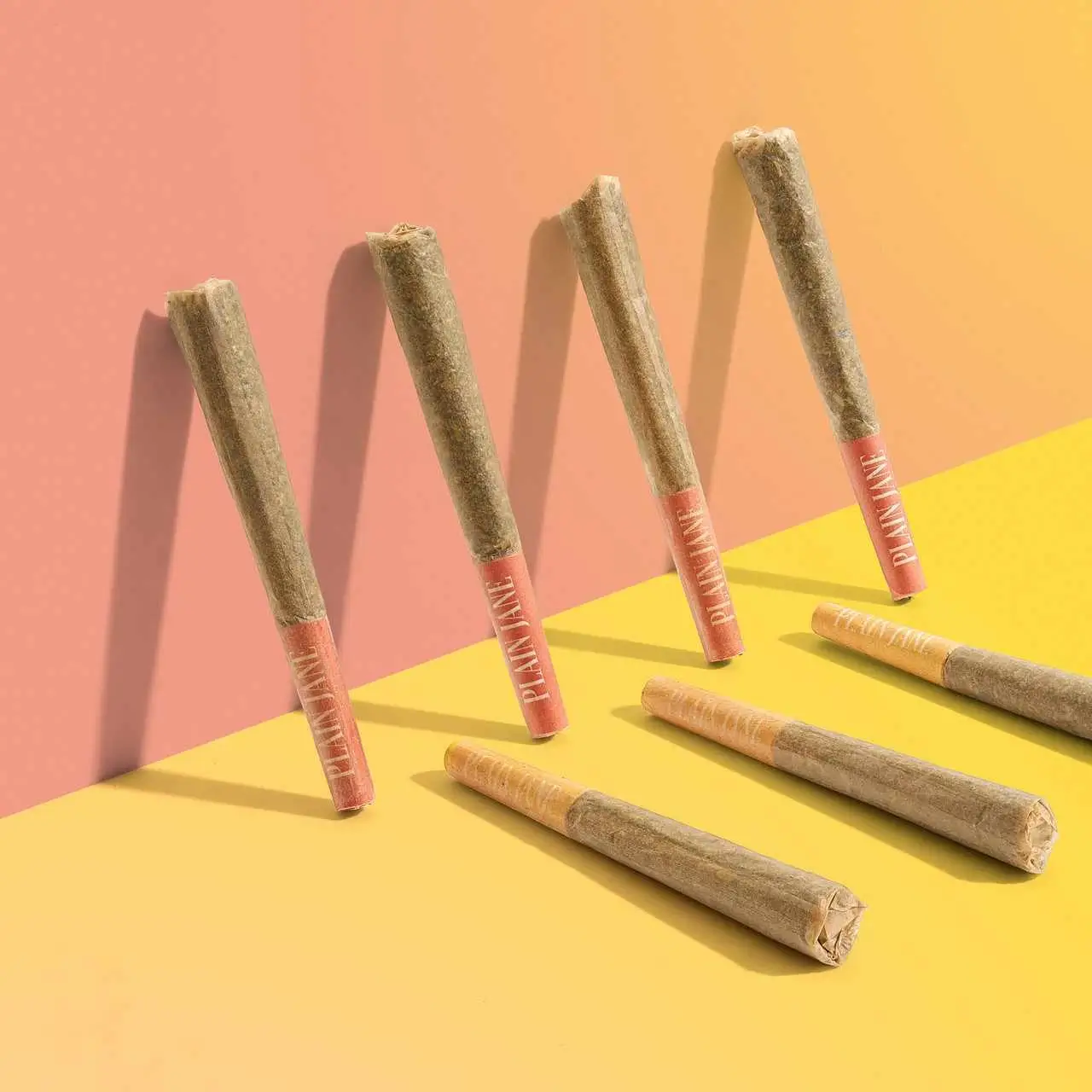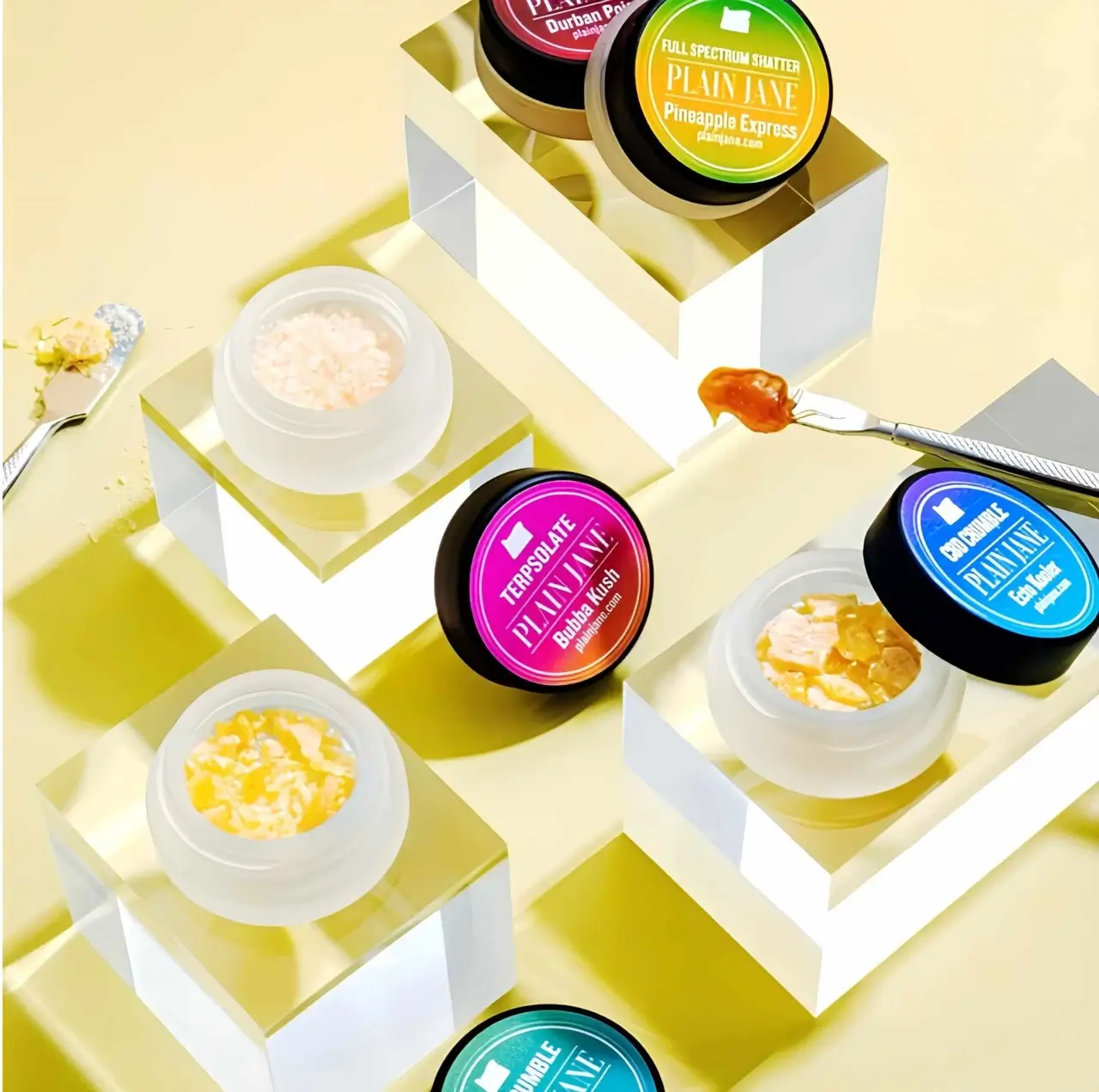The demand and love for CBD products has raised insignificantly over the past few years. Be it CBD oil, potent CBD gummies, or CBD concentrates. However, the users always have this question in their mind “How long does CBD stay in your system?” In this blog you will learn all about the CBD drug test, its reliability, types, and how to get the cannabidiol out of your system. So read the whole blog for all the insights on Cannabidiol.
How long does CBD take to kick in?
In general, the effects of CBD can be seen in 15 minutes after you vape it or use it sublingually. It can take 1 to 2 hours for edibles or topicals to kick in.
These effects can last from 2 to 6 hours.
However, it all depends on different body factors and how you consume it.
How Long Does CBD Stay In Your System?
CBD can stay in your system for several hours to a month, depending on the amount and method of intake.
Your body can typically omit half of the CBD compound (half-life) in about 1 hour to 5 days [1]. The body eliminates a drug within 4 to 5 half-lives.
Other methods and their half-lives
- For CBD sprays and drops, the half-life is 1.4 to 10.9 hours.
- For chronic oral consumption it is 2 to 5 days.
- When smoked, the half-life of CBD is around 31 hours.
How does the body metabolize CBD?
Cannabidiol undergoes a complex metabolic process in the human body. Here's an overview of how the body metabolizes CBD:
Absorption:
Oral Consumption: When ingested orally, CBD passes through the digestive system. This involves being broken down by the stomach's acidic environment and digestive enzymes.
Sublingual Administration: CBD taken sublingually (under the tongue) is absorbed directly into the bloodstream through the mucous membranes, initially bypassing the digestive system and liver.
Inhalation: When CBD is inhaled (smoked or vaped), it enters the lungs and is rapidly absorbed into the bloodstream through the alveoli.
First-Pass Metabolism:
After absorption, particularly in oral consumption, CBD is transported to the liver via the portal vein. Here, it undergoes first-pass metabolism, where liver enzymes, mainly from the cytochrome P450 (CYP450) family, metabolize CBD into various metabolites.
Cytochrome P450 Enzymes:
The primary enzymes involved in CBD metabolism are CYP3A4 and CYP2C19. These enzymes convert CBD into hydroxylated metabolites, including 7-hydroxy-CBD (7-OH-CBD) and other minor metabolites [2].
Distribution:
Once metabolized, CBD and its metabolites are distributed throughout the body via the bloodstream. They can bind to cannabinoid receptors (CB1 and CB2) and other receptors in the endocannabinoid system [3], influencing various physiological processes.
Excretion:
CBD metabolites are eventually excreted from the body, primarily through the feces and, to a lesser extent, urine. The liver processes these compounds, which are eliminated via the biliary system and sent into the intestines.
Understanding CBD's metabolic pathway is crucial, especially considering its therapeutic uses and potential drug interactions. Individual variability in metabolism means that CBD's effects and duration can differ widely among users.
Factors Influencing Metabolism
Diet
The food you eat can influence CBD metabolism [4]. For example, eating a high-fat meal can increase the absorption of CBD, making it more effective.
Some foods or supplements can either speed up or slow down the enzymes that process CBD.
Age
As you age, your metabolism generally slows down. This means that older adults may process CBD more slowly than younger people, potentially affecting dosage and duration.
Body Weight
Your body weight and composition can influence how CBD is distributed and metabolized. Generally, people with higher body weight may require larger doses to achieve the same effects as those with lower body weight.
Gender
Hormonal differences between genders can affect CBD metabolism [5]. For example, estrogen levels can influence the activity of certain liver enzymes.
Frequency of Use
Regular use can change how your body metabolizes it. Over time, your body might become more efficient at processing CBD, which can affect its overall impact.
Does CBD Show Up On A Drug Test?
Pure CBD does not show up on a drug test. However some products may contain a trace amount of THC, that can lead to positive results thus CBD Gummies can make you fail in a drug test. Therefore buying high-quality CBD products is important. The type of CBD you are using also matters whether it will appear in a drug test or not. Here’s a quick rundown of the types of CBD:
- Full-spectrum CBD contains all of the naturally occurring compounds from the Cannabis plant, including THC.
- Broad-spectrum CBD is just like full-spectrum CBD, but it goes through a process to eliminate THC.
- The isolated CBD is pure and contains only CBD.
CBD Drug Test: What To Know?
Sure! Here are the types of drug tests that can detect CBD or its metabolites:
Urine Tests
Urine tests are the most frequently used for drug screening because they are easy to administer and cost-effective.
It typically detects THC rather than CBD. However, if the CBD product contains traces of THC, it can show up in a urine test.
How long does CBD stay in your urine?
CBD can stay in urine for up to 5-7 days. However, stats can vary from person to person depending on factors such as metabolism.
Blood Tests
Blood tests are less common for routine drug testing but may be used in certain situations, such as impairment testing or accidents.
They can detect the presence of cannabinoids, including THC and CBD. However, blood tests are more likely to be used to detect recent use since cannabinoids are quickly metabolized and eliminated from the bloodstream.
Window
Typically, THC is detectable in blood for a few hours to a couple of days.
How long does CBD stay in your blood?
CBD can show up in blood for 4-5 days, depending on the method and amount of intake.
Saliva Tests
Saliva tests are non-invasive and can be administered on-site, making them convenient for roadside or workplace testing.
These tests usually focus on THC. If CBD products contain THC, it could be detected in saliva.
Window
THC can be detected in saliva from a few hours to a day after use.
Hair Tests
Hair tests can detect drug use over a longer period, typically up to 90 days.
These tests look for drug metabolites embedded in the hair shaft. While they are more likely to detect THC, any consistent use of CBD products with THC over time could potentially show up.
Window
Hair tests reflect long-term usage rather than recent use.
*Note*
CBD vs. THC: Most standard drug tests only detect THC, not CBD. Pure CBD products without THC are unlikely to cause a positive result on these tests.
How To Get CBD Out Of Your System Fast?
There are various methods you can try to detox and get CBD out of your system quickly. However, remember that these methods can vary depending on metabolism, body weight, and CBD consumption. Here are some steps to help speed up the elimination of CBD from your body:
Hydrate
- Keeping yourself hydrated helps the body to flush out the toxins quickly.
- You can also add herbal teas, flavored sparkling water, and other non-caffeinated fluids.
Exercise:
- Physical activities are the best way to boost your metabolism. It helps your body process and eliminate substances faster.
- Exercises like running, swimming, or cycling can be efficient regarding metabolism.
Healthy Diet:
- A diet full of fruits, vegetables, and fiber can support your body's natural detoxification process.
- Avoid fatty and processed foods, which can slow down your metabolism.
Increase Fiber Intake:
Consuming fiber is an excellent way to improve digestion and eliminate substances from your body.
Sweat It Out:
- Saunas or hot baths can help you sweat more, which may help in the detoxification process.
- Just make sure to stay hydrated if you choose this method.
Limit Further Intake:
Stop consuming CBD and any products containing THC immediately to prevent additional accumulation in your system.
Time and Patience
Natural Metabolism: Your body will naturally process and eliminate CBD over time. CBD is usually out of the system within a week or two, but this can vary for most people.
Factors: Individual factors such as age, body weight, metabolism, and overall health play a significant role in how quickly CBD is eliminated from your body.
Important Note
Consult a Doctor: If you are worried about CBD in your system before an upcoming drug test, always consult your healthcare professional for personalized advice.
Summing up on how long does CBD stay in the system?
Now you know “how long does CBD stay in the system.” There are several factors that influence how your body digests and excretes the compound. These factors include the frequency and dosage of CBD use, method of consumption, individual metabolism, body composition, and diet. Therefore, it is vital to understand how your body metabolizes the compound. Always remember that pure CBD products are less likely to result in a positive drug test compared to full-spectrum products containing trace amounts of THC.
Frequently Asked Questions
How long does it take for CBD to work?
The effects of CBD depends on the method of consumption. Generally it takes around 15 mins to 3 hours for CBD products to show its effects.
How long does CBD oil stay in your system?
CBD oil can stay in your system for up to two to five days on average.
How long does edible CBD stay in the system?
While the effects of edible CBD can last 3 to 5 hours, they can be detectable in the body for up to 30 days after use.
How to know if CBD is right for you?
It may be possible that the benefits of cannabidoil can be helpful for you health concerns.
Reference:
https://www.healthline.com/health/how-long-does-cbd-stay-in-your-system#onset-time
https://www.forbes.com/health/cbd/how-long-does-cbd-stay-in-your-system/
https://www.healthline.com/health/does-cbd-show-up-on-a-drug-test
https://cbdforlife.us/blogs/news/how-long-does-cbd-stay-in-your-system
https://koicbd.com/blog/how-long-does-edible-cbd-stay-in-your-system/







0 comments